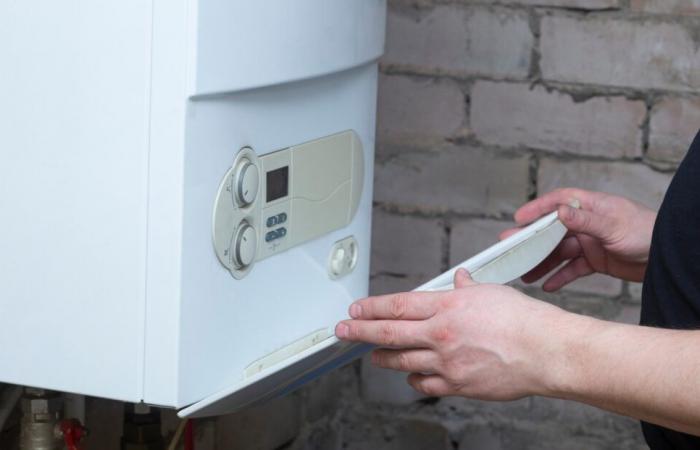From 2025, the tax rules linked to gas boilers will evolve, marking an important step in the ecological transition. This reform aims to encourage more environmentally friendly practices, but raises questions about its impact on households.
From January 1, 2025, the VAT applied to gas boilers will be standardized at 20%, compared to reduced rates of 5.5% for condensing models and 10% for low temperature boilers until now. This increase is part of the government's desire to reduce tax benefits for the least ecological heating systems. According to Engie, this reform will lead to an average increase of 700 euros in the costs of purchasing and installing a standard gas boiler.
Encourage ecological alternatives and abandon gas boilers
The increase in taxation aims to discourage the use of gas boilers by promoting more environmentally friendly solutions. The government wants to encourage households to opt for systems such as heat pumps or biomass boilers. However, this transition could prove difficult for households with modest incomes or for housing that cannot accommodate these alternatives due to technical or budgetary constraints.
All work relating to the installation of gas boilers will be subject to this new VAT, significantly increasing the bill for owners wishing to replace their equipment. However, repair or maintenance work on existing boilers is not affected by this reform. Households will still be able to benefit from the old reduced rates for these specific interventions.
A reform affecting gas boilers justified by environmental and European issues
The government justifies this reform with two main arguments. On the one hand, the need to comply with European standards in terms of environmental taxation. On the other hand, the objective of reducing greenhouse gas emissions, while France strives to respect its climate commitments. This measure is part of a broader ecological transition policy, although its impact on household budgets remains a source of concern.
This reform marks a turning point in French energy policy, but it could weigh heavily on households considering energy renovations. Owners will now have to anticipate these additional costs and re-evaluate their heating choices. Public aid, such as MaPrimeRénov', could become essential to support this transition.
With this new tax, 2025 promises to be a year of major changes for homes and energy renovation, but it also raises questions about the ability of households to adapt to more sustainable energy choices.
A reaction? Leave a comment
Did you like this article? Subscribe to our free Newsletter for engaging articles, exclusive content and the latest news.






